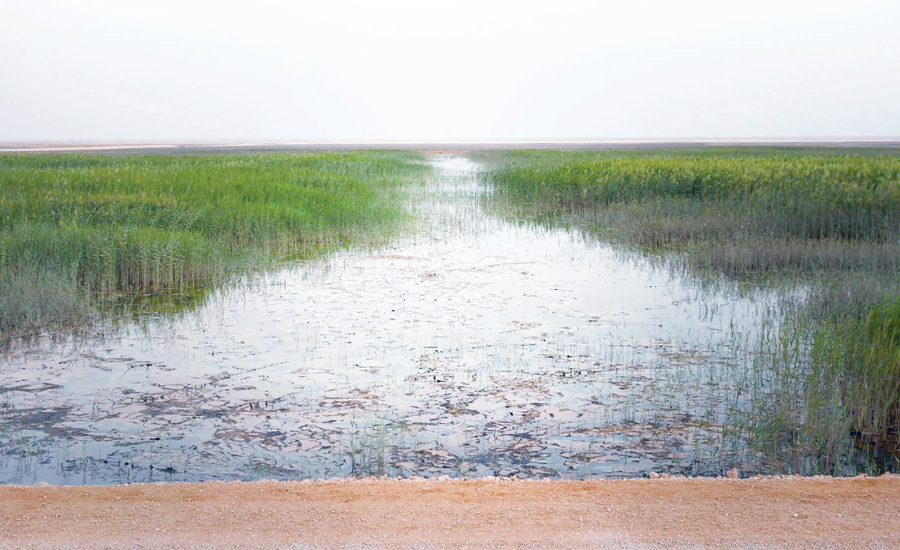

Conrad Prabhu -
MUSCAT, FEB 14 -
Petroleum Development Oman (PDO), the nation’s largest producer of oil and gas, is seeking international partners in its quest to process part of the prodigious volumes of ‘produced water’ that it generates daily as a result of its oilfield operations, into “steam quality water”.
According to a high-level executive, the majority-government owned oil and gas company will shortly float a tender inviting international players to offer commercially viable technological solutions for the reuse of part of PDO’s produced water volumes — typically oil-contaminated water that is produced along with oil. On average, around 8 barrels of water are produced for every barrel of oil that PDO produces — a figure that is projected to rise from year to year.
Amran al Marhubi, Technical Director of PDO, said the proposed project will seek to treat and reuse part of the hypersaline component of produced water — volumes with a salinity 10 times higher than seawater.
The move, he said, is part of an “overarching strategy for water management” being pursued by PDO to help address, on the one hand, the massive volumes of produced water it generates daily, and on the other, its requirements of large qualities of potable water for its operations.
Speaking at the opening of the 2nd Middle East Oilfield Produced Water Management Conference & Exhibition, which began at the Grand Hyatt Muscat yesterday, Al Marhubi said the issue of produced water presents major challenges for PDO, and indeed other oil and gas companies faced with this phenomenon.
“PDO alone produces 350 million cubic metres of produced water per year. This represents around 20 per cent of the country’s consumption for agriculture and domestic use. Half of this water is near potable quality, which means it has a salinity less than seawater. The other half is hypersaline with a salinity 10 times than of seawater,” the Technical Director said.
To help alleviate the burden of managing the vast quantities of produced water generated daily, the company has embraced the ‘Reduce — Reuse — Relocate’ strategy. Through initiatives aimed at reducing the water cut, the company can help save on the substantial cost that goes into separating oil and water, as well as the expense incurred if this water has to be re-injected into dry aquifers — an energy intensive exercise long applied by PDO to manage produced water.
Where it is not re-injected, produced water volumes are used in PDO’s successful wetlands strategy where nature plays a role in cleaning up the oil — a process that also opens up the potential for further treatment to yield potable water for agriculture in the future, he said.
Oman Observer is now on the WhatsApp channel. Click here



